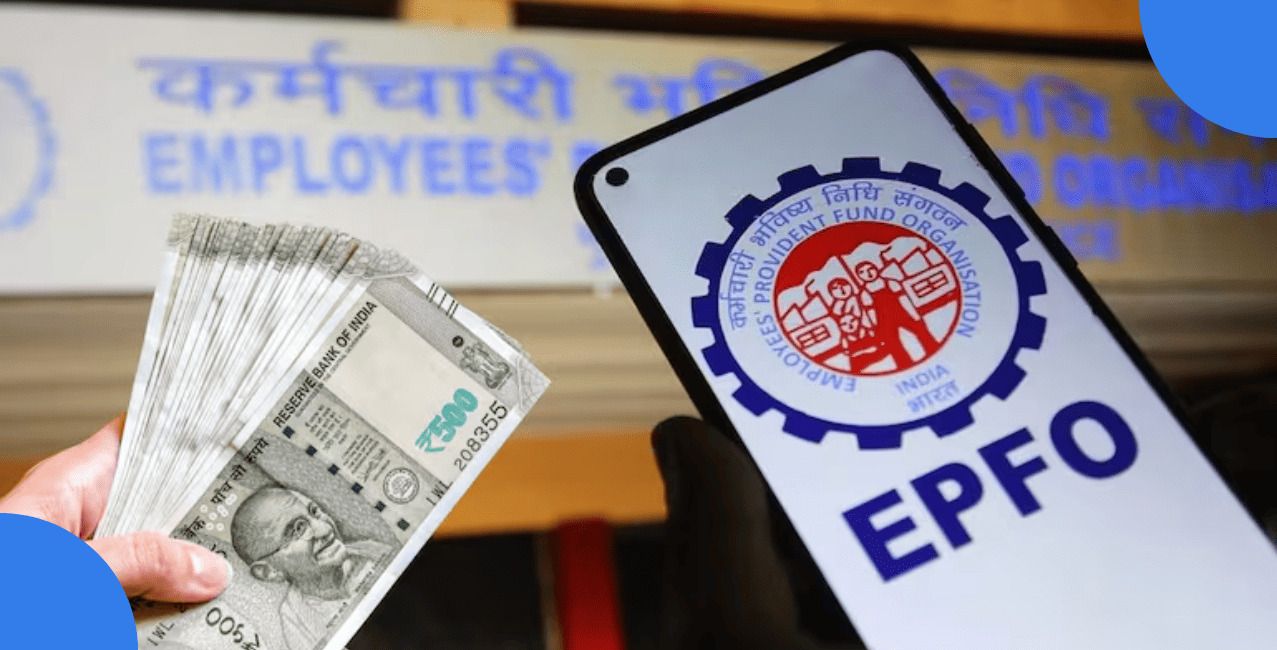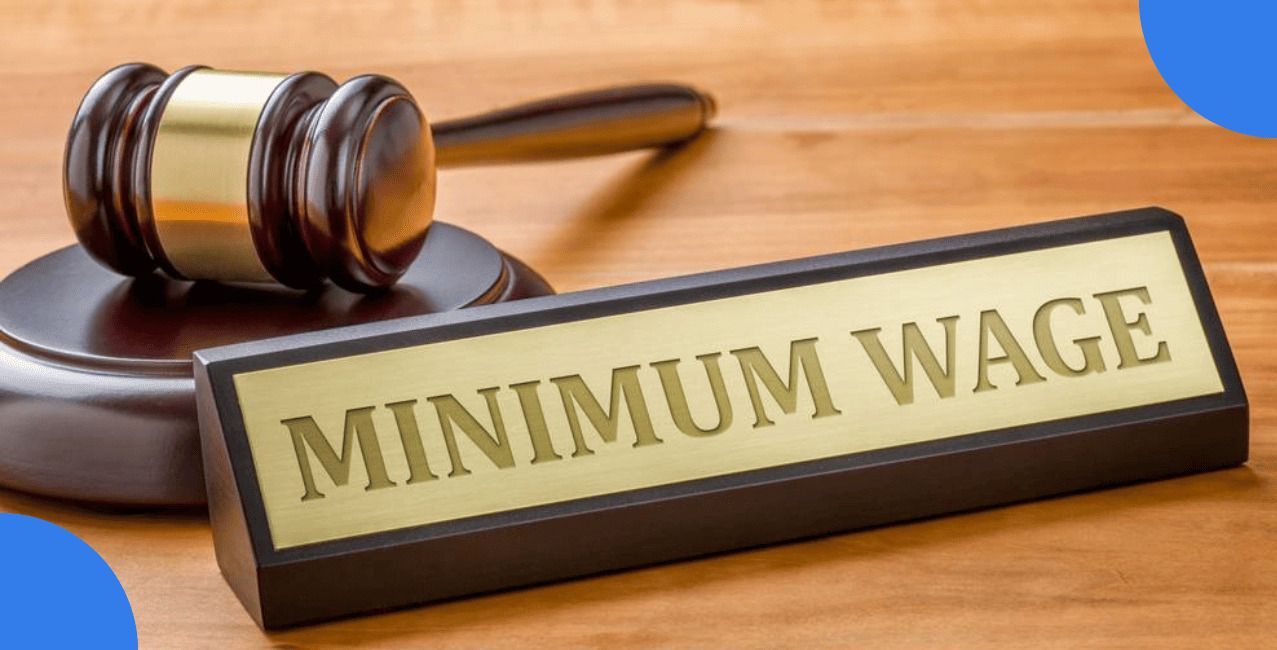What Is Double Taxation – Meaning And How To Avoid It

Check Your Loan Eligibility Now
By continuing, you agree to LoansJagat's Credit Report Terms of Use, Terms and Conditions, Privacy Policy, and authorize contact via Call, SMS, Email, or WhatsApp
Key Takeaways:
- Double taxation means the same income is taxed twice, usually by two different countries or at corporate and personal levels.
- Using DTAA agreements helps you avoid double tax, by giving credit for tax paid in another country.
- Fintech startups must plan taxes well, or they may lose profit and upset investors by paying unnecessary taxes twice.
- Mistakes like ignoring tax rules or not having documents can lead to paying extra tax that could have been avoided.
Double taxation happens when the same income is taxed twice—first by one country, then again by another. This is common in international business or when corporations pay taxes on profits and shareholders are taxed again on dividends.
Let’s say Priya, a fintech product designer in Bangalore earning ₹24,00,000 annually. While she pays taxes in India, a ₹3,00,000 bonus paid from her company’s Singapore office was also taxed there. As a result, she faced double taxation on the same income.
Fortunately, her CA helped her use the India–Singapore Double Taxation Avoidance Agreement (DTAA) to claim a tax credit in India for the tax paid in Singapore.
This real-world scenario highlights a growing issue for global professionals and fintech startups expanding across borders.
In this blog, we’ll break down how double taxation works, why it happens, and the legal ways professionals, startups, and investors can avoid paying tax twice on the same income.
What Is Double Taxation?
Double taxation occurs when the same income is taxed more than once—typically by different tax authorities or at multiple levels, such as corporate and personal. It's a common issue for multinational companies and cross-border earners.
Did You Know?
- According to OECD data, over 90 countries have signed Double Taxation Avoidance Agreements (DTAAs) to protect against this issue.
- In India, dividends were tax-free for shareholders until 2020, when the Dividend Distribution Tax (DDT) was abolished and replaced with taxation in the hands of the investor.
- In the U.S., corporate income is taxed at 21%, and qualified dividends are taxed up to 20% more, leading to an effective double taxation of up to 41%.
Let’s understand this with an example:
Rohit, a shareholder in a fintech firm, receives ₹1,50,000 in dividends annually. The company has already paid 25% corporate tax on its profits. Now, Rohit must pay personal income tax again on that dividend. This is a classic case of double taxation, once at the corporate level, and again at the personal level.
Corporate vs Individual Tax Impact in Double Taxation
Types of Double Taxation
Simple Explanation:
Double taxation happens in two main ways:
Double taxation can affect both individuals and businesses, and it typically occurs in two main situations. Here's a simple breakdown to understand how it works:
- Corporate Double Taxation: A company pays tax on profits. Then, when it gives dividends to its shareholders, they also pay tax on the same money.
- International Double Taxation: When income is earned in one country but taxed again in another, usually where the person lives.
By recognising these basic forms of double taxation, taxpayers can better navigate international income rules and corporate earnings, and explore legal ways to reduce the overall tax burden.
Example:
Ayesha is a CFO at a fintech company based in Mumbai. Her company earns ₹10,00,000 in profits from both India and the US. When she files taxes, both countries ask her to pay taxes on the same ₹10,00,000. Without a tax agreement between the two nations, Ayesha must pay twice on the same income, once in India and once in the US.
Types of Double Taxation and Where They Happen
Double taxation can arise in various forms depending on the source of income and the entities involved. The table below outlines the main types of double taxation, where they typically occur, and real-world examples:
Understanding these types of double taxation is crucial for effective tax planning, especially for individuals and businesses operating across borders or within complex corporate structures.
How Double Taxation Affects Fintech Companies?
Fintech startups often operate globally processing international payments, hiring remote teams, and serving users across borders. While this global reach drives innovation, it also increases the risk of double taxation, where the same income is taxed in two countries. This can shrink profits, discourage investors, and slow down expansion.
Example:
When Razorpay expanded to Southeast Asia, it had to structure its cross-border payment flows carefully to avoid taxation both in India and the destination country. Without using Double Taxation Avoidance Agreements (DTAAs), a ₹25,00,000 dividend paid to early Indian investors from profits earned abroad could have been taxed in both India and, say, Singapore cutting returns by up to 30%.
Similarly, Paytm’s international operations in Canada and Japan had to navigate multi-jurisdiction tax liabilities to avoid investor dissatisfaction and financial inefficiencies.
Where Fintech Firms Commonly Face Double Taxation
Why It Matters?
As fintech firms scale internationally, failure to plan for tax exposure can reduce post-tax returns by 20–40%, weaken investor confidence, and even trigger audits or penalties. Leveraging DTAAs and expert tax advisory becomes essential for sustainable growth.
How Double Taxation Works?
Double taxation happens when:
- The source country taxes the money where it was earned.
- The residence country taxes the money because the person lives there.
If both countries tax the same income, it becomes double taxation.
Example:
Meenal works for a UK fintech company but lives in Delhi. She earns £40,000 per year. The UK taxes her because the company is based there. India taxes her too, because she is a resident. So, she pays tax twice on the same salary.
How Different Countries Tax the Same Income
How to Avoid Double Taxation?
Luckily, there are legal ways to avoid paying tax twice. Countries use rules and agreements that help people and companies avoid this problem.
Methods Include:
- DTAA (Double Tax Avoidance Agreements): India has signed over 90 agreements with other countries.
- Tax Credit: The tax you paid in one country can be reduced from the tax you owe in another.
- Exemptions: Some types of income earned overseas might not be taxed again.
- Transfer Pricing Rules: These help when companies have offices in many countries.
Example: Karan works as a fintech freelancer. He paid ₹5,00,000 tax in the UK. Since India and the UK have a DTAA, Karan used it to get credit for that tax in India. He saved over ₹3,00,000 by not being taxed twice.
Common Legal Ways to Avoid Double Taxation
When earning income across borders, it's essential to know how to legally avoid paying tax twice on the same income. Here are some common and effective ways to reduce or eliminate double taxation:
- DTAA Treaties: Help avoid being taxed by both countries on the same money.
- Tax Credit System: Use taxes already paid abroad to reduce Indian tax.
- Exempt Income Clauses: Some countries allow full exemptions for foreign income.
- Foreign Tax Relief: Protects earnings from extra taxes when working internationally.
By understanding and utilising these legal provisions, individuals and businesses can ensure tax compliance while maximising their global income through smarter, tax-efficient strategies.
Common Mistakes That Lead to Double Taxation
Failing to understand international tax laws can result in income being taxed in multiple countries. Without proper documentation or DTAA use, businesses and individuals risk losing 20–40% of earnings to tax.
Common Double Taxation Mistakes in Global Business
The table below outlines frequent errors that lead to double taxation, especially in fintech and cross-border operations:
Avoiding these mistakes requires proactive tax planning, proper documentation, and expert advice, especially as operations go global.
Conclusion
Double taxation is a hidden cost in the fintech world. Whether you’re an investor, startup founder, or remote employee, understanding tax laws across countries is critical. Using legal tools like DTAA, tax credits, and exemptions can help reduce this burden. Consult a tax expert if your fintech income crosses borders, prevention is better than correction.
FAQs:
Q. Are crypto profits taxed twice?
If earned and withdrawn across borders, they can be.
Q. How to avoid double taxation in India?
Use DTAA or claim tax credits for foreign tax paid.
Q. Who suffers from double taxation?
Shareholders often face double taxation when companies pay tax on profits and dividends are taxed again in their hands.
What are the factors responsible for double taxation?
Double taxation occurs due to conflicting tax rules like residency-based taxation in one country and territorial taxation in another, causing the same income to be taxed by multiple states simultaneously.
Other Related Pages | |||
About the author

LoansJagat Team
Contributor‘Simplify Finance for Everyone.’ This is the common goal of our team, as we try to explain any topic with relatable examples. From personal to business finance, managing EMIs to becoming debt-free, we do extensive research on each and every parameter, so you don’t have to. Scroll up and have a look at what 15+ years of experience in the BFSI sector looks like.
Subscribe Now
Related Blog Post

What is the Rate of Property Tax in Assam? – Updated Guide

Property Tax Bihar: Rates, Online Payment Process & Complete Guide

Property Tax Gujarat – Rates, Calculation, Payment Process & Complete Guide
Recent Blogs
All Topics
Contents
Quick Apply Loan
Consolidate your debts into one easy EMI.
Takes less than 2 minutes. No paperwork.
10 Lakhs+
Trusted Customers
2000 Cr+
Loans Disbursed
4.7/5
Google Reviews
20+
Banks & NBFCs Offers
Other services mentioned in this article
.png)




